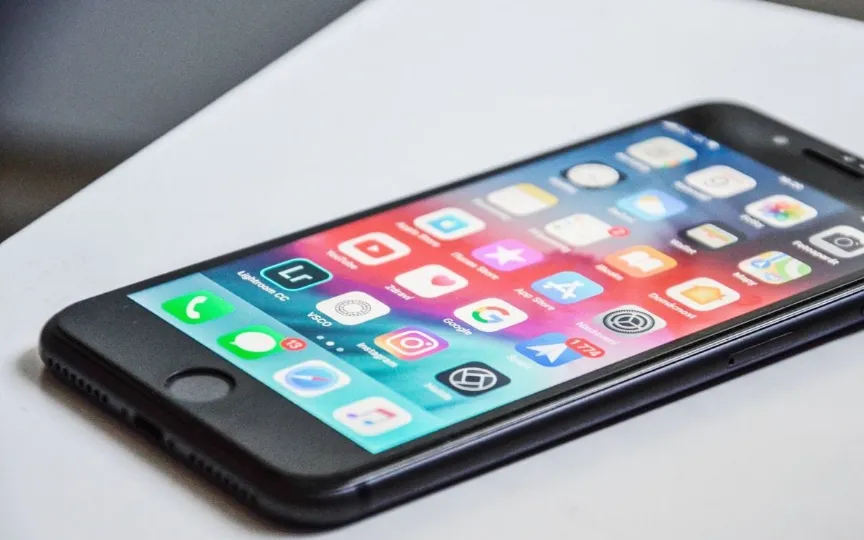US Supreme Court Rejects Apple-Epic Games App Legal Dispute
WASHINGTON: The US Supreme Court on Tuesday declined to rule on Apple’s appeal of a lower court ruling that required changes to certain rules in its lucrative App Store, as judges avoided a lengthy legal battle between the iPhone maker and Epic Games. the popular video game “Fortnite”.
The justices also rejected Epic’s appeal of a lower court ruling that Apple’s App Store policies, which restrict distribution and payment for software, do not violate federal antitrust laws. The judges did not give reasons for their decision to reject the appeals.
Apple’s stock fell more than 2% early Tuesday.
In a social media post, Epic CEO Tim Sweeney said: “The legal battle to open up iOS (Apple’s mobile operating system) to competing stores and payments has been lost in the US. A sad result for all developers.”
Apple did not immediately respond to a request for comment.
Epic filed an antitrust lawsuit in 2020 accusing Apple of acting as an illegal monopoly by requiring consumers to obtain apps from its App Store and purchase digital content within the app on its own system. Apple charges up to a 30% commission on in-app purchases.
In 2021, US District Judge Yvonne Gonzalez Rogers dismissed Epic’s antitrust claims against Apple. However, the judge found that Apple violated California’s unfair competition by preventing developers from “directing” users to make digital purchases that bypass Apple’s in-app system, which Epic claims allows them to save money with lower fees.
The 9th U.S. Circuit Court of Appeals in San Francisco upheld much of Rogers’ decision in 2023, finding that Epic “failed to prove the existence of significantly less restrictive alternatives” to Apple’s system.
The judge’s order requires Apple to allow app developers to provide links and buttons that direct consumers to other ways to pay for digital content they use in their apps.
Sweeney wrote on social media: “Starting today, developers can start exercising their court-ordered right to tell US customers about better prices online.”
In its appeal to the Supreme Court, Epic had said the 9th Circuit’s decision “guarantees serious anticompetitive harm and effectively insulates the most monopolistic practices of technology platforms from antitrust scrutiny.”
Apple had pointed out in its complaint that Epic did not file a class action lawsuit and said the broad injunction imposed by Rogers exceeds the constitutional authority of federal courts, which should typically be limited to providing relief to litigants.




